Few sights are more unwelcome after a party than a backlog of dirty wine glasses, rounded up like stained trophies. Washing all that stemware by hand can feel like a slippery, tedious task—but as it turns out, hand washing is not the best way to clean wine glasses effectively. Instead, consider some alternatives that will make your cleanup easier and more efficient.
While testing for our guide to the best wine glasses, we discovered that manufacturers of even the thinnest, most expensive stemware recommend washing wine glasses in the dishwasher. Counterintuitive as it may seem, you’re actually far more likely to break delicate stemware when washing it by hand. This revelation highlights that the dishwasher is often the safer and more efficient option for keeping your wine glasses in pristine condition.
But there are essential steps you should take to extend the life and shine of your wine glasses if you wash them in the dishwasher. Likewise, if you need to wash them by hand, there are specific tools and tips you can use to ensure they sparkle with minimal risk of breaking. By following these guidelines, you can keep your delicate stemware looking pristine, regardless of your washing method.
What you need
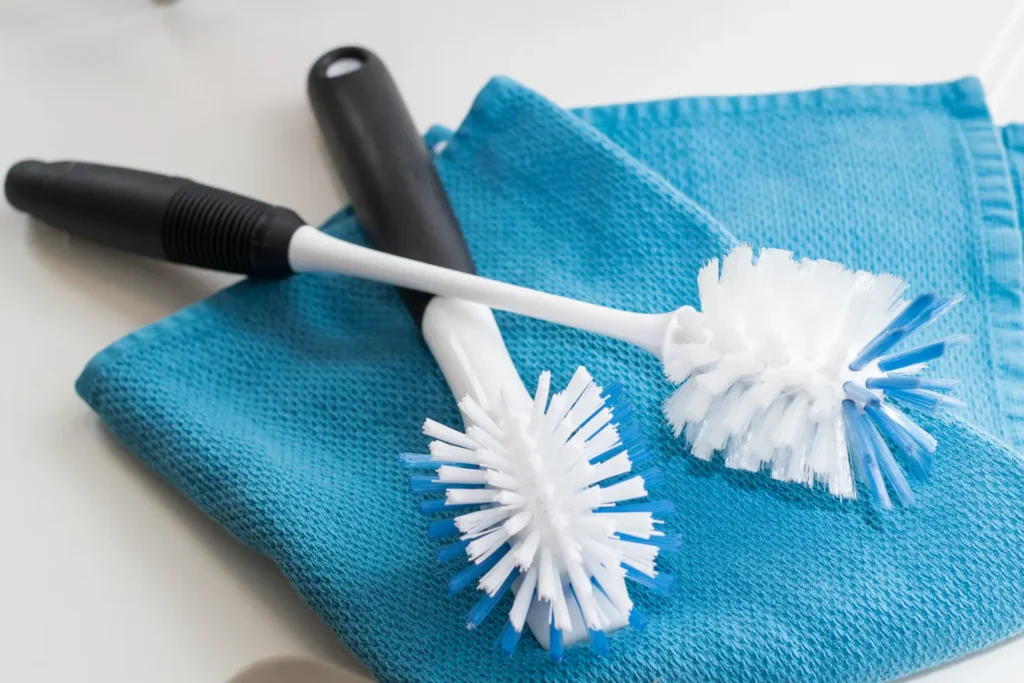
Dishwasher detergent: Whatever you have on hand is probably fine. If you really care about the lifespan of your glassware, get something that allows you to control the dose, such as a powder detergent (not tablets or gel packs), since too much detergent can etch the glass over time.
Rinse aid: This helps prevent your glasses from coming out cloudy or covered in water spots. We like Finish Jet Dry, but you don’t need it if your detergent (like most Finish tabs) already includes rinse aid.
Bottle brush: If you must wash your wine glasses by hand, using a bottle brush is the safest way to do so. We like the soft, durable OXO Good Grips Bottle Brush.
Dish soap: We like Seventh Generation Dish Liquid because that dish soap cleans well and is unscented.
Polishing cloth: If you want to get your glasses really sparkling, a microfiber polishing cloth will erase smudges more easily than a cotton kitchen towel and won’t leave lint behind.
Hot water: For tough spots, it helps to steam the glass first by holding it over a cup of hot water.
How long will this take to clean?
Expect the dishwasher to take however long the wash cycle is for your wine glasses (usually two to three hours), plus a few minutes per glass for polishing. If you choose to wash them by hand, plan for about five to 10 minutes per glass to wash and polish effectively. This preparation will help ensure your delicate stemware maintains its shine and integrity, regardless of the cleaning method you choose.
Cleaning wine glasses in the dishwasher
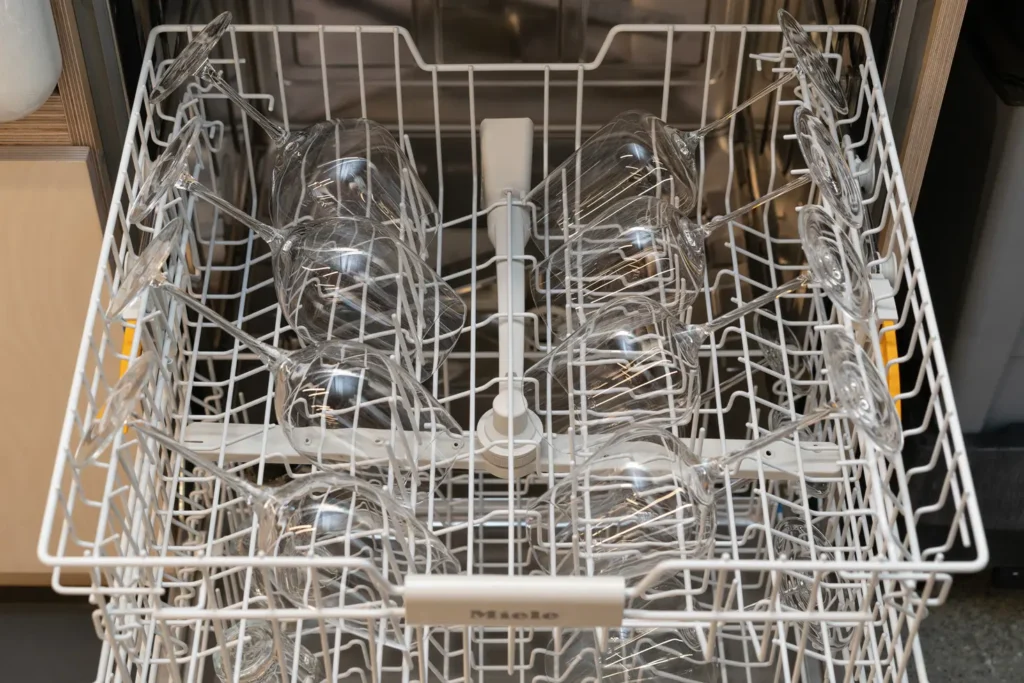
The main advice here is that it’s perfectly fine to wash your wine glasses in the dishwasher. However, there are a few key steps you can take to ensure your glasses come out sparkling. By following these tips, you can keep your delicate stemware in excellent condition while enjoying the convenience of the dishwasher.
The most important step is to load the dishwasher correctly to ensure your wine glasses come out sparkling. Place the glasses securely upside down, making sure they don’t touch any dishes or one another to avoid scratching. Some dishwashers even come with clips on the racks that you can use to secure the glasses by the stem, providing extra stability for your delicate stemware during the wash cycle.
If possible, place your wine glasses in the upper rack of the dishwasher to ensure they come out sparkling. While sturdier, thicker glasses will be fine on the bottom rack, the upper rack is typically better for delicate stemware. For particularly tall stemware, many dishwashers (including all of the ones we recommend) allow you to adjust the position of the upper rack to accommodate your glasses, providing the perfect fit for safe and effective cleaning.
Choose the right detergent and use rinse aid
Rinse aid will help prevent water spots. As for detergent, generally we recommend those with enzymes (including most powders, tablets, and gel packs) because they’re better at cleaning stuck-on food.
However, this advice matters only if you’re loading your wine glasses in with a regular load of dirty dishes. Additionally, using too much detergent—especially the strong stuff—can create problems for your glassware. In the short term, excessive detergent may leave behind a soapy residue and scent, which can mar your enjoyment of a fine wine. In the long term, consistently overdoing it on detergent can etch your delicate stemware, resulting in a cloudy appearance that detracts from its shine.
It’s challenging to determine how much is “too much” detergent, as it depends on various factors, such as the hardness of your water and the dirtiness of your dishes. However, if you’re concerned about the lifespan of your delicate stemware, consider using a gentler liquid or gel detergent that lacks enzymes. Alternatively, opt for a product that allows you to control the dose, avoiding tablets or pods, which can lead to excessive detergent use and negatively impact your wine glasses’ shine and clarity.
Detergent will interact less with your glassware if it has grime to grab onto, so if you typically throw in a few wine glasses with a regular load of dishes and don’t notice any detergent smell when you use them, you’re probably fine. However, by the same logic, if you frequently wash loads consisting solely of glassware, it’s best to run those cycles with less detergent. Your dishwasher’s manual may provide helpful suggestions for dosing, ensuring your delicate stemware remains sparkling without the risk of cloudiness or residue.
If your wine glasses come out with a soapy smell, you’re likely using too much detergent. However, there are a few additional troubleshooting steps you can take. First, consider using rinse aid if you aren’t already, as it can help reduce residue. Next, check your dishwasher’s filter to ensure it’s draining properly. Lastly, try switching detergents, as some brands have stronger scents than others, which could affect the freshness of your delicate stemware. These adjustments can help keep your glasses sparkling and free from unwanted odors.
Cleaning wine glasses by hand
Outside of being dropped at a raucous party, a wine glass is most likely to break when you’re washing it by hand. A wet glass can easily slip from your fingers or knock against the sink, leading to cracks or breaks. Additionally, twisting the stem while scrubbing can put unnecessary strain on it, increasing the risk of snapping. To keep your delicate stemware intact, it’s crucial to handle it carefully and consider safer washing methods whenever possible.
But if you must hand wash your wine glasses, we recommend using a bottle brush to clean them without twisting and rubbing.
Hold the glass firmly by the stem and gently scrub the bowl inside and out with wet, soapy water. It’s best to use an unscented detergent like Seventh Generation Dish Liquid, but no matter what you use, be sure to rinse the glass well with hot water so that you don’t leave it with a soapy residue.
Hold the glass firmly by the stem and gently scrub the bowl inside and out with wet, soapy water. It’s best to use an unscented detergent like Seventh Generation Dish Liquid, but no matter what you use, be sure to rinse the glass well with hot water so that you don’t leave it with a soapy residue.
Polishing wine glasses
No matter how you wash your wine glasses, you may still want to give each one a final polish to remove any stray water spots or fingerprints. There’s a bit of a technique to this that can enhance the shine of your delicate stemware. Using a lint-free cloth or microfiber towel, gently buff the surface in a circular motion, ensuring that you reach all areas. This final touch not only improves the appearance of your wine glasses but also helps maintain their clarity and elegance.
First, be sure to use a microfiber polishing cloth, as it doesn’t leave behind lint like cotton or paper towels do. It’s important to reserve this cloth exclusively for polishing your wine glasses, ensuring it doesn’t pick up any unwanted grime that could smudge or scratch the delicate stemware. Additionally, avoid washing your polishing cloth with fabric softener, as this can coat it in a greasy residue that detracts from the shine of your glasses. Taking these steps will help keep your wine glasses sparkling and free from imperfections.
For severe spotting on your wine glasses, hold the glass over a cup of hot water until the inside of the bowl steams up. This technique will create moisture that makes it easier to wipe off spots and enhances the clarity of your delicate stemware. Once the glass is steamy, use your microfiber polishing cloth to gently buff away any stubborn spots, ensuring your wine glasses look pristine and ready for your next gathering.
When polishing your wine glasses, be mindful of how much stress you put on the most delicate parts of the glass, specifically the rim of the bowl and the areas where the stem meets the bowl and foot. These sections are particularly vulnerable, so gentle handling is crucial to avoid any damage. By being cautious during the polishing process, you can maintain the integrity of your delicate stemware while ensuring it shines beautifully for your next occasion.
Never polish your wine glass by holding the base in one hand and twisting the polishing cloth around the rim of the bowl at the top; this can torque and snap thinner stems. Instead, hold your glass gently by the bowl to ensure a secure grip without applying unnecessary pressure. For a visual demonstration of the proper polishing technique, check out this Riedel video, which offers valuable tips to keep your delicate stemware in perfect condition while achieving a stunning shine.

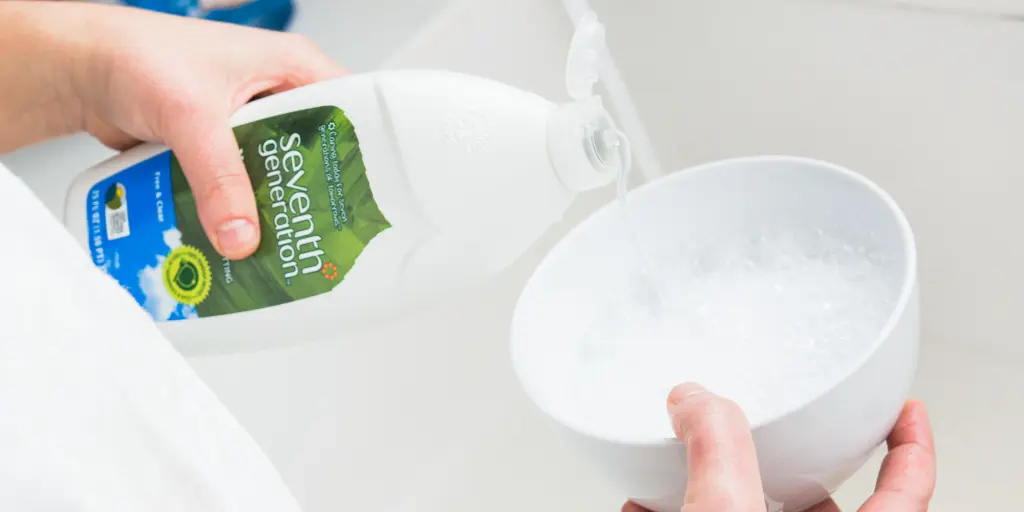
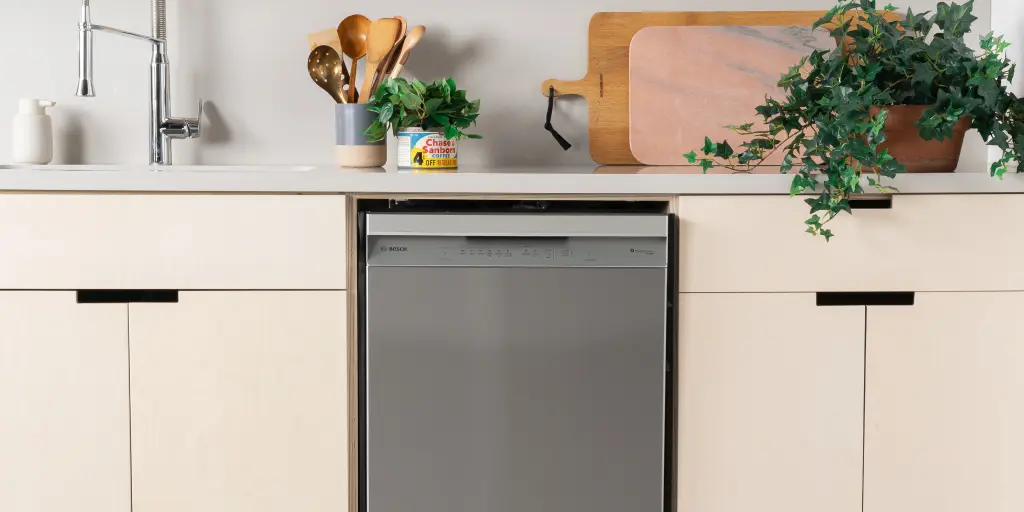
 0
0
 0
0
 0
0
 0
0
 0
0
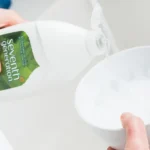 0
0
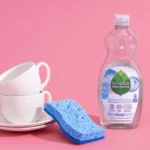 0
0